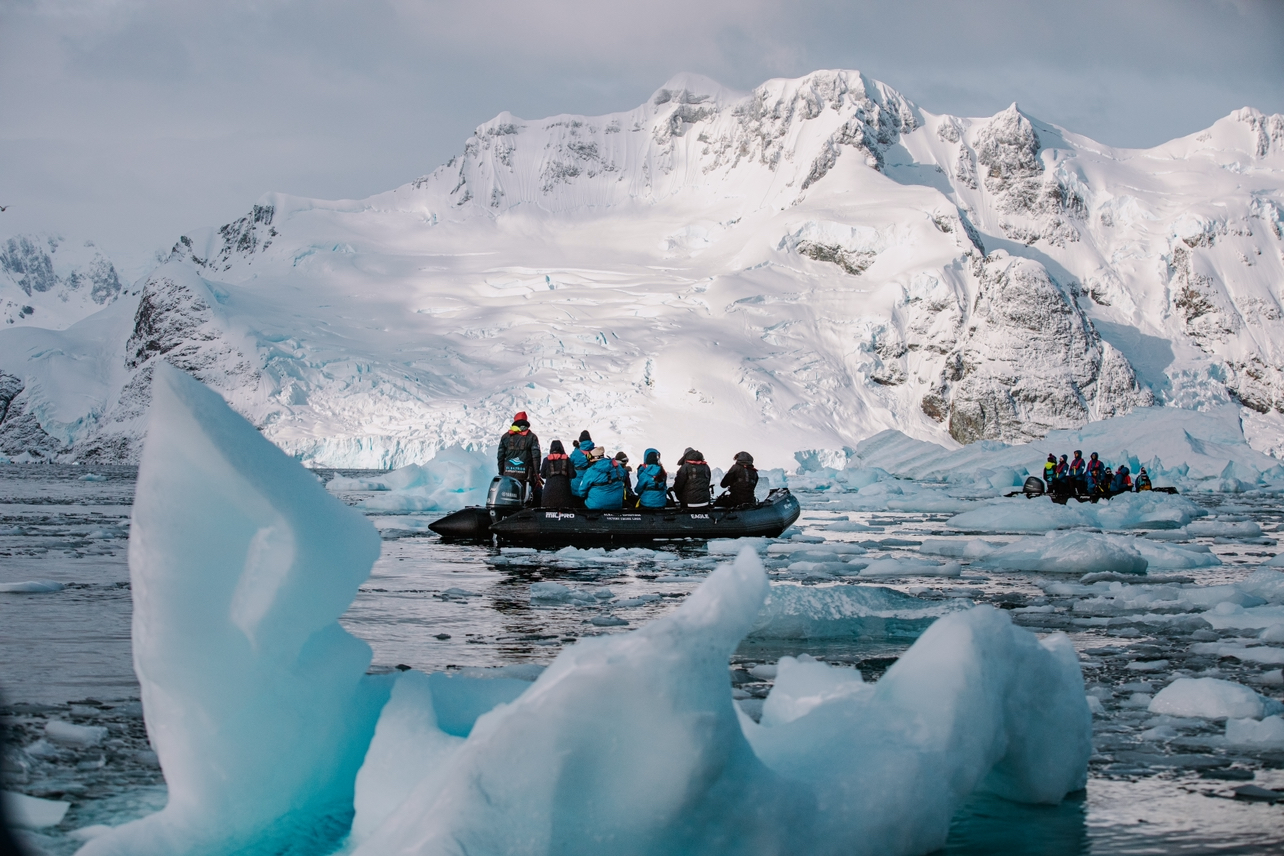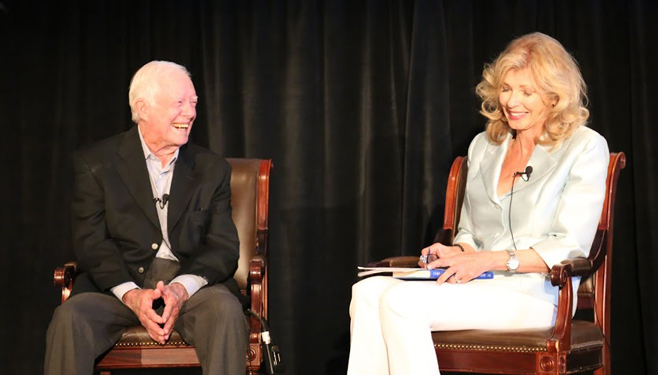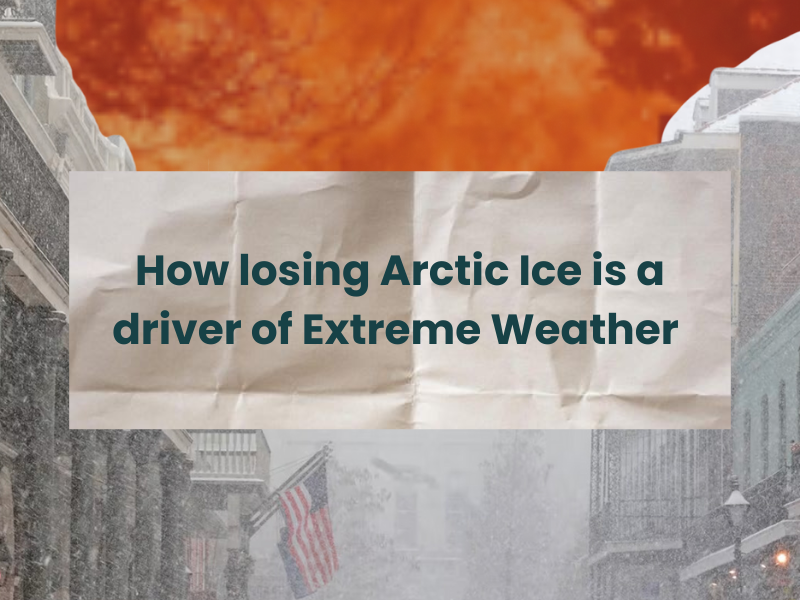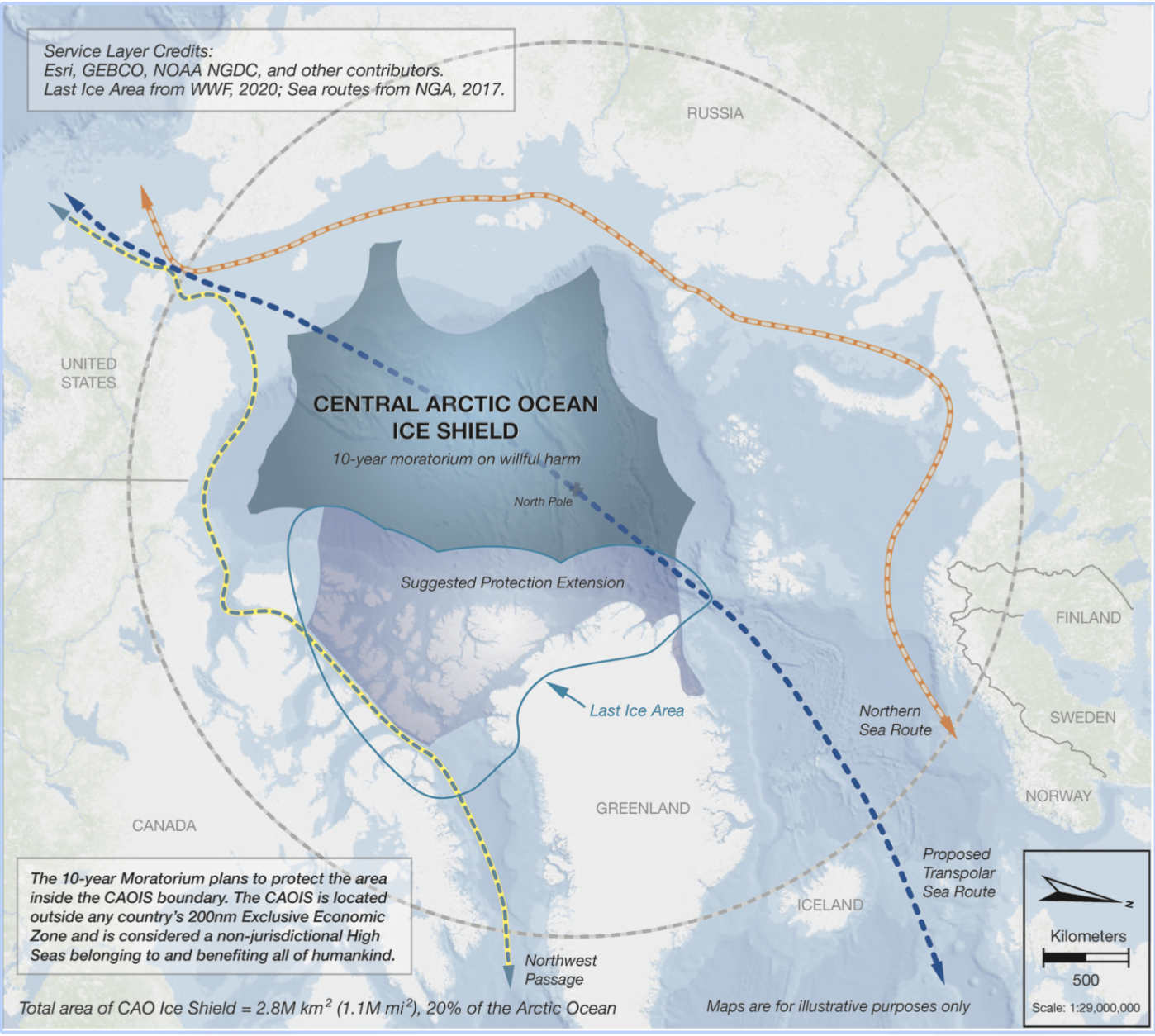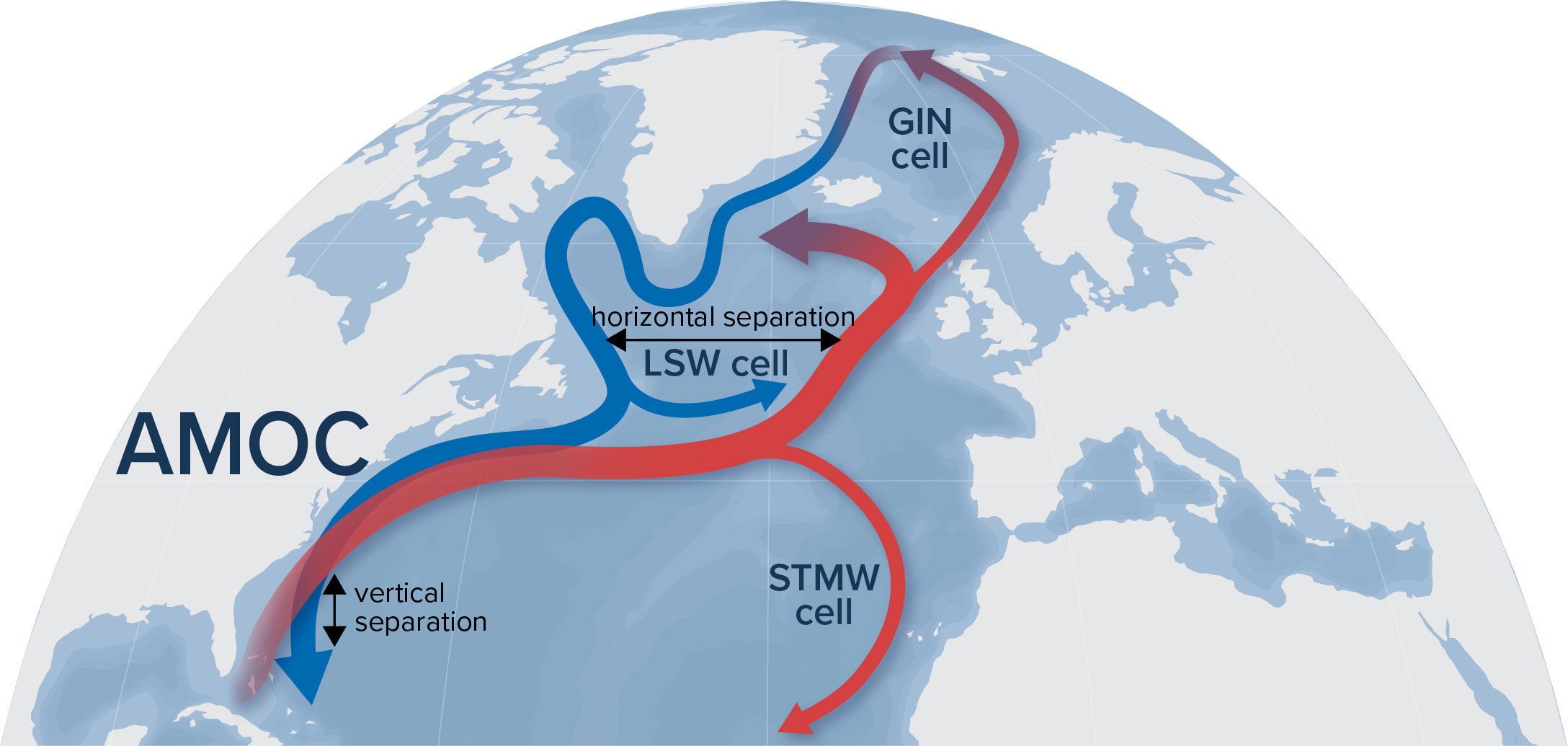Am I really a magnet of bad climate events or was I just born in the wrong generation?
I was born in 2003 in Brazil, a country historically on the frontlines of the climate crisis. From a young age, I witnessed the devastating effects of extreme climate events, not only in my home state and country but also in every other place I visited. My grandparents would half-jokingly call me – and my generation – a magnet for such disasters, suggesting our presence somehow influenced the climate.
Vista Alegre do Prata, Rio Grande do Sul
Though meant in jest, every flood, storm, wildfire, or drought deepened this notion within me, making me always anticipate the worst. As I reached High School, I learned about correlation versus causation as well as history, biology and chemistry. While this provided me with a better understanding of the environmental impact left by previous generations, allowing me to distance myself from this “magnet” notion, the sense of foreboding lingered as these events kept getting more frequent and more intense.
Speaker Corner Presentationion, 2041 ClimateForce Antarctica Expedition
In 2022, I was selected to join the 2041 ClimateForce Antarctica Expedition, led by the 2041 Foundation, an organization dedicated to preserving Antarctica by upholding the Antarctica Treaty. The expedition brought together 172 climate, social, and corporate leaders from over 35 countries to raise awareness about climate change and collaborate on global solutions.
There we engaged in workshops, speaker panels and discussions on sustainability, energy and impact leadership, while also feeling the impacts of climate change firsthand. This was an incredible opportunity to share my story, advance my polar region activism and to witness one of the most untouched places on Earth.
Anticipating the trip, I had heard tales of Antarctica’s mighty and unpredictable weather—how it could shift from sunny and clear to windy and turbulent within minutes, creating massive waves. I braced myself for the natural volatility of the weather, yet deep down, an irrational doubt lingered: could my presence make any difference in such an ambiguous climate? That I can’t confirm, but in this land where one already expects the unexpected and predictability is a rarity, astonishing events indeed caught even the most seasoned explorers by surprise.
Firstly, it rained. Hard. For a constant period of time.
The Ocean Victory crew experienced an entire day of rainfall in Antarctica. Many people – myself included – assumed this was normal. However, I would find out, to the shock of Sir Robert Swan and other expedition leaders that had done this journey dozens of times over the last 40 years, it was in fact not normal as Antarctica is by definition (<250mm precipitation/year), a desert.
While we were there, the temperature recordings also surprised most. In early March, a heat wave hit East Antarctica, reaching record temperatures. At the Concordia Research Station, on the Antarctica Plateau – known the coldest place on Earth – a new World Record for the largest temperature excess above average appeared to have been set: 38 degrees Celsius (70 Farenheit) above normal. In an area where the average was approximately -50°C, on March 18th it was recorded at -11.5 °C.
Lastly, but certainly not less meaningful, during the period we were there, a significant ice shelf nearly the size of Los Angeles disintegrated. The Conger Ice Shelf collapsed completely around March 15, 2022. This ice shelf, spanning approximately 1,200 square kilometers, had been considered relatively stable, and its sudden collapse was a stark indicator of the rapid changes occurring in the Antarctic environment.
Why in the world was this happening? Obviously because of me – just kidding. All jokes aside, I could see before my eyes events that were a reflection of all the articles I had been reading, so here are some facts that shocked me and that might also shock you:
- Antarctica sheds 100-200 billion metric tons of ice per year, a number which has been increasing in the past two decades . (NASA Climate Change)
- In February 2023, Antarctic sea ice hit the smallest area on record, continuing a decade-long decline, which scientists are calling a “one-in-7.5 million years” event.(Climate Copernicus)
- Since 1957, the zero-degree Celsius boundary (areas with temperatures where water freezes in Antarctica) has moved over 100km south.(The Conversation)
- The emperor penguin, which depends on sea ice stability, faces a high probability of quasi-extinction (defined as a decline by 95%) by 2100. (Communications Earth & Environment)
- Krill populations, vital to the Antarctic food web (whales, penguins, and seals), could decline by over 40% by the century’s end. (World Wildlife Fund)
- The Southern Ocean has absorbed the same amount of excess heat produced by human activity as the Atlantic, Pacific, and Indian Ocean combined. (Nature Communications)
- Meltwater from ice shelves is making the seawater around Antarctica fresher and less dense, which is likely to slow down the Antarctic overturning circulation (an important function of the Southern Ocean that influences the global climate, sea level and marine ecosystems) by almost half, leading it to possibly even collapse this century. (Antarctic and Southern Ocean Coalition)
- The Antarctic Ice Sheet covers an area larger than the United States and Mexico combined – if it melts entirely, it could raise global sea levels by 60 meters (200 ft). This is not likely to happen, but a rise of just a few feet in sea level would displace approximately 230 million people who currently live within about three feet of the high tide line. (ASOC)
- We all benefit from Antarctica being protected: the economic value of services Antarctica and the Southern Ocean provide (in terms of fisheries, tourism and various natural processes that support Earth’s functioning) is US$180 billion each year. (University of Tasmania)
“Antarctica is geographically remote for most of us, but its future is closely linked to that of future generations.”
As UN Secretary-General, António Guterres, expressed: what happens in Antarctica does not stay in Antarctica. All the facts and statistics listed above have serious consequences for the biodiversity, ecosystems, cryosphere, and climate of the whole planet. The Earth’s systems are deeply interconnected, so disruptions to this delicate balance—such as those caused by climate change—lead to more frequent and intense extreme events all over the world. These extreme events, in turn, trigger further disruptions, creating a cascade of negative effects for the world and humanity.
Since being surrounded by country-sized glaciers and tiny penguins, I’ve been more determined than ever to protect this pristine wilderness. Preserving Antarctica’s natural state and its climate-regulating function is crucial for the well-being of our planet – and every one who lives in it.
Since returning home, my irrational thoughts about being a magnet have intensified. I now hope my grandparents were right. I hope my presence is indeed linked to extreme climate events—not as a cause, but as a catalyst for change, attracting motivated people, whose mission, like mine, is to drive positive action and ensure a sustainable future for generations to come.
Photo Credits: Sofia Ferrigolo and the 2041 Media Team – Trenton Branson, Oliver Wheeldon

